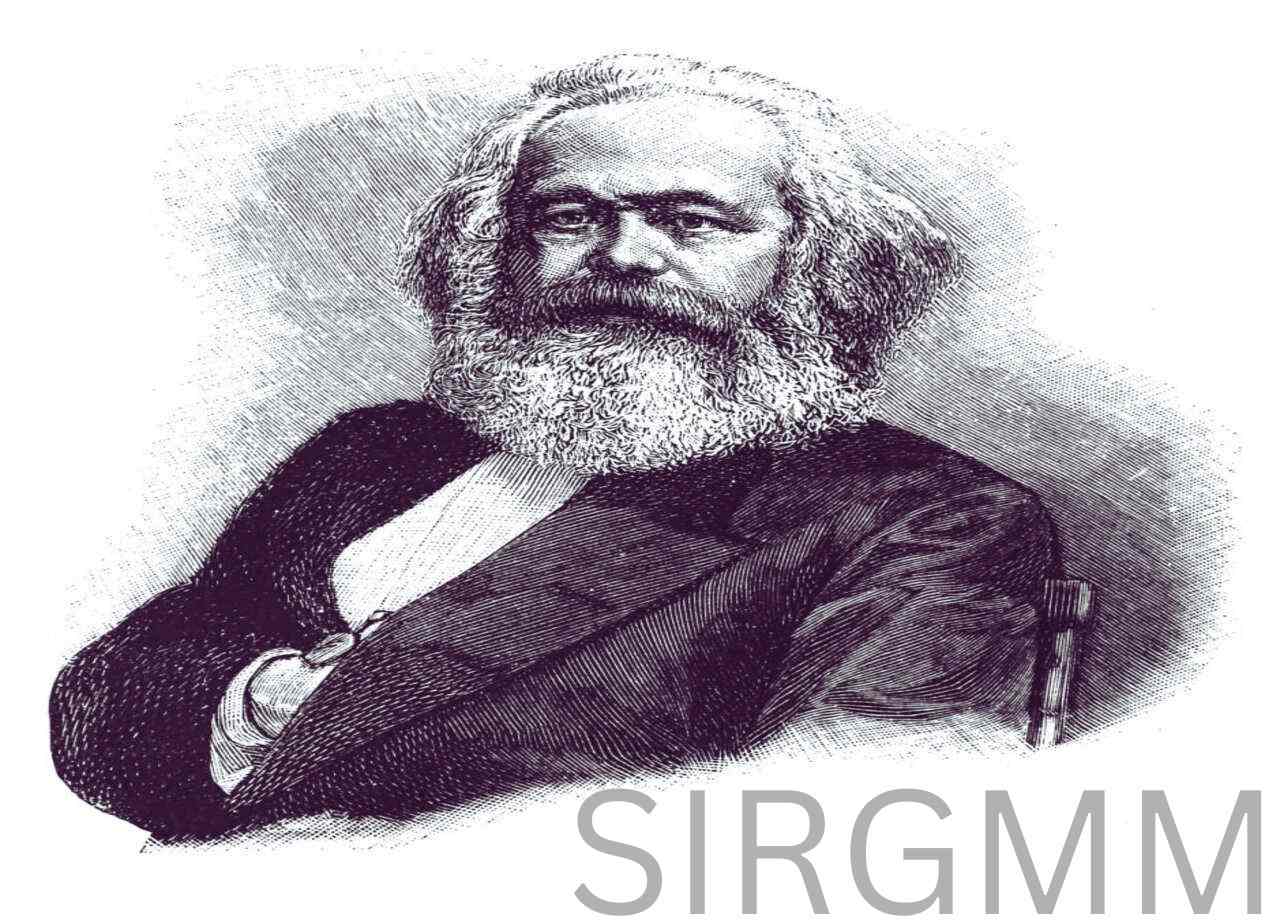Marx's Journey to Communism: From Engels' Articles to Developing a New System
Karl Marx was impressed by Engels’s writings. That’s why he published Engels’s article in his Paris magazine. In this article, Engels criticized the capitalist economic system, in the light of scientific socialism. Inspired by this article, Karl Marx also decided to study economics. So he started studying economics seriously. When he understood the basics of the economy, he realized that only the economy could lead humanity to salvation.
The difference between the rich and the poor can only be managed by erasing the wealth gap. But there were 2 questions. How that gap could be erased? and why did that gap even exist? Marx spent his life looking for answers. Marx developed a new system that was the modern form of 19th-century communism. Marx had not coined the term “communism.” It was already a branch of socialism. Socialism was a popular idea in the 19th century. Socialism means that everyone has equal access to economic and social means for a better life.
In the 1840s, a new term, “communism”, was used to define socialism. But when the term came into use, Marx’s ideas were spreading everywhere in Europe. Thus, in this atmosphere, communism was attributed to Marx. Marx introduced a face of communism that was more advanced than socialism. Because of Marx’s services, some people refer to communism as Marxism.
Discovering Marx's Answers to Life's Big Questions in Paris
Karl Marx was looking for answers to 3 questions from the beginning of his youth.
The first question was what would be the role of religion in society? The 2nd and 3rd questions were about censorship in Germany and the role of the working class in society. While living in Paris, he found the answers to all 3 questions. Marx read German philosopher Hegel to determine the role of God in society.
He agreed with Hegel for some time. Hegel proposed the Absolute Idea. Hegel used to say that God exists, but that existence is not separated from the universe. The universe itself is God. At the same time, he pointed out that God did not create any destiny for which man was bound. Man makes his destiny. He is responsible for his good or bad without any divine Intervention. Karl Marx liked Hegel’s philosophy, but he didn’t think that God and the universe were one entity.
He considered the freedom of human intellect and consciousness, to be more logical. Marx also read Feuerbach’s book The Essence of Christianity which denied the existence of God. The author said that humans had created God and religion to serve their needs. He wrote that nothing exists outside of nature and man, which means nothing is immaterial. Even thinking was not immaterial.
Exploring the Foundations of Marx's Communism: The Capitalist System He Opposed
He stated that since the human brain mattered so the thought was also material because it could not exist without the brain. Now it seems that Karl Marx found Feuerbach’s philosophy a little more logical than Hegel’s. So Marx only agreed with Hegel’s points about human thinking and rejected the idea of God. He linked Hegel’s philosophy to the economy and thus created a new ideology.
That is why Marx often said that Hegel’s philosophy was upside down, but he had straightened it out. Karl Marx had already found the answer to his 2nd question, censorship, in Germany. After the closure of Zeitung, he realized that censorship wouldn’t end without revolution. The 3rd question was about the role of the working class. Marx found the answer while studying economics.
He concluded that only a workers’ government could end the difference between the rich and the poor. It was only after the establishment of a workers’ government that all humans would be equal. Thus, Marx’s views became clearer with every passing day. Soon he began to shape a formal doctrine. This doctrine is called Marx’s communism or Marxism. But at 1st we should know what was the capitalist system that Marx was fighting against.


1 thought on “Who was Karl Marx | Part 8”